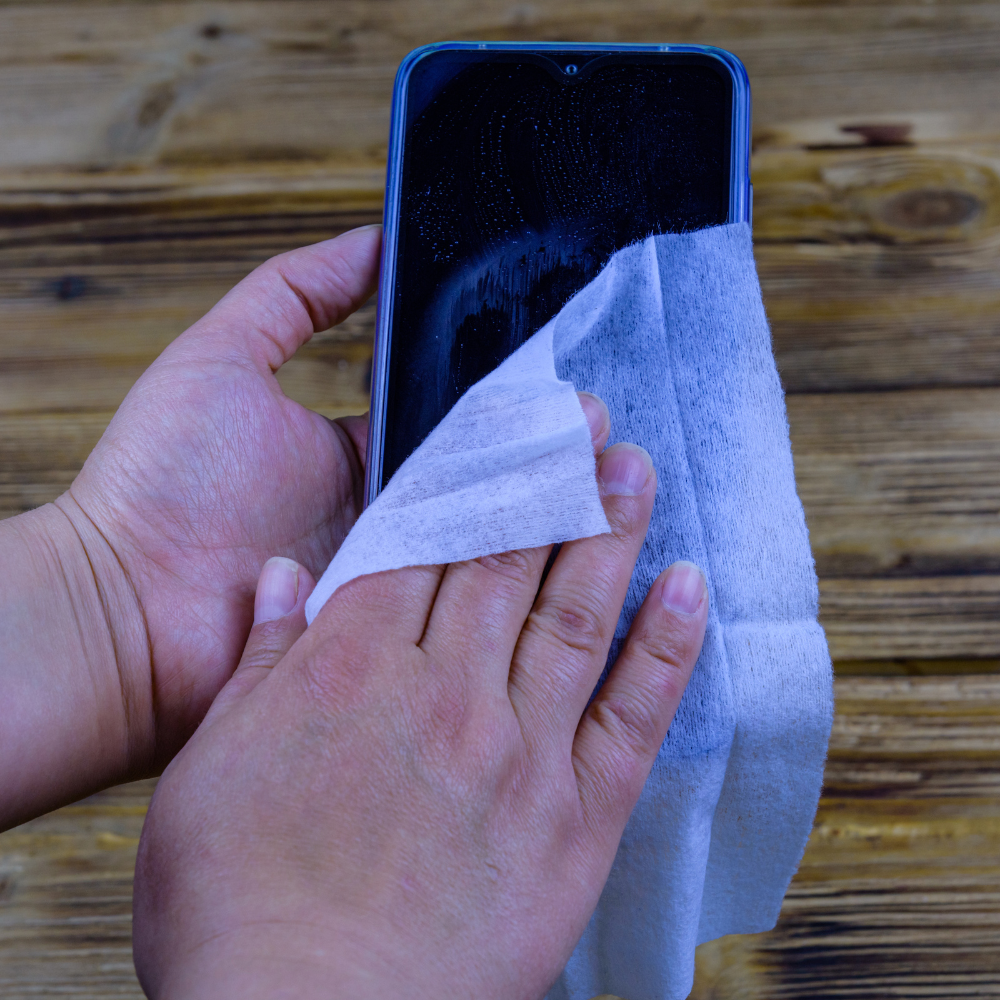
According to Environment Minister Therese Coffey, nearly all wet wipes will be prohibited in England as part of a plan to combat water pollution. Ms. Coffey stated that the ban on wipes made from plastic should go into effect within the next year following a consultation.
It is a component of a larger effort to enhance water quality in England, where no river or waterway is deemed pure. Nonetheless, opposition and environmental groups criticized the plan as being inadequate.
According to Water UK, which represents the water industry, wet wipes flushed down toilets are responsible for 93% of sewage obstructions, including so-called fatbergs, which cost approximately £100 million each year to clean.
Around 90% of wipes are made of plastic, but there are now alternatives available for purchase. Plastics do not degrade, and over time, wipes become entangled and adhere to one another, preventing sewage from passing through pipes. "Our idea is to prohibit the use of plastic in wet wipes," Ms. Coffey told sources, adding that a brief consultation was necessary first. She emphasized that it is a legal obligation to guarantee that any restriction can be applied.
In 2018, the government announced its intention to eliminate plastic waste, including wet wipes. In a 2021 government consultation, 96% of respondents supported the concept of banning wet wipes. Following another consultation, the administration opted against banning wet wipes earlier this year. A proposed prohibition on the use of plastic in wet wipes in Wales has not yet been enforced.
The Scottish government consulted on a ban, but no further action has been taken. Some retailers, like Boots and Tesco, have already discontinued the sale of wet wipes containing plastic.
The restriction of wet wipes is part of the Department of Environment, Food, and Rural Affairs' (Defra) Plan for Water initiative to enhance England's water quality. It includes a prospective ban on some so-called everlasting chemicals or PFAS, as well as measures to combat pollution from agriculture and runoff from road traffic.
According to a legislative report from 2022, the most prevalent source of river contamination is intensive farming, specifically chicken farms. The government said on Sunday that water providers might face infinite fines for unjustifiably discharging untreated sewage into rivers and oceans. In the last year, there were an average of 825 sewage spills each day in England's rivers, according to statistics.
River Action UK, an environmental NGO, stated that the government had been asleep at the wheel for decades, allowing rivers to fill with untreated human sewage and hazardous agricultural pollutants. Millions of pounds are being spent by water utilities to unblock blockages caused by wet wipes, so they support a ban.
Yorkshire Water informed that wipes are the leading source of blockages in the county, accounting for nearly half of them in 2022. Yorkshire Water applauded the planned ban. The opposition political parties criticized the government's plans, calling them insufficient and untimely. Tim Farron, Liberal Democrat Environment spokesman, termed the announcement a "total farce." "Reannouncing a wet-wipe regulation from five years ago, the conservative government once again takes advantage of the public's gullibility. The administration does nothing except talk, "he said.
According to the Green Party, the government's proposals "put the water business in the hands of private entities that can benefit from failure."



